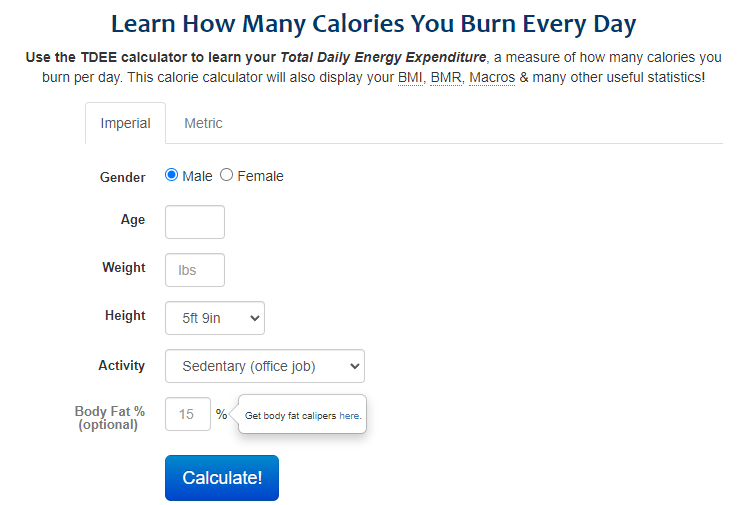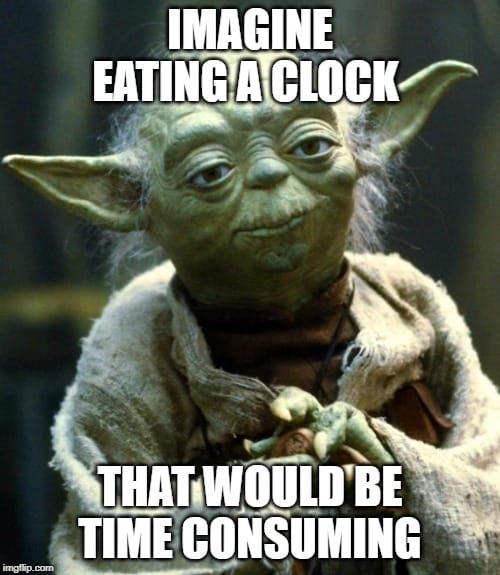- FitME
- Posts
- Does Tracking Your Macros Really Matter?
Does Tracking Your Macros Really Matter?

Read Time: under 5 minutes
Hey - Dawson here👋
Welcome to another week of FitME content!
If you're new to the fitness community, you may have heard people mention tracking their macros. Whether you're aiming to lose weight, build muscle, or maintain a healthy lifestyle, tracking macronutrients—protein, carbs, and fats—is often suggested as an important tool for achieving your goals. But is it really necessary? Do you have to track every gram of what you eat to see results?
At FitME, we believe that fitness should be simple and sustainable. Let’s break down the truth behind macro tracking and whether it’s something you should consider on your fitness journey.
Background
What Are Macros, Anyway?
Macros (short for macronutrients) are the three main types of nutrients that make up the calories in our food:
Protein: Builds and repairs muscle, and keeps you full.
Carbohydrates: Your body’s main source of energy.
Fats: Supports hormone function, absorbs vitamins, and provides energy.
Tracking your macros means paying attention to how much of each macronutrient you’re eating daily. The idea is that by hitting specific targets for protein, carbs, and fats, you can optimize your diet for muscle growth, fat loss, or performance.
The Benefits of Tracking Your Macros
Helps You Stay Accountable
One of the biggest benefits of macro tracking is accountability. When you log your food intake, you clearly understand what you’re eating and where you might be over- or under-consuming. It makes you more aware of your habits and encourages mindful eating.
If you're new to macros and want to learn more about how much of each macronutrient you should be consuming, we recommend you use the TDEE calculator. We have a post on this topic already detailing how you can use the calculator which can be found here.

FitME Tip: If you’ve never tracked your macros before, even doing it for a few weeks can be eye-opening. You may realize you’re not eating as much protein as you thought or that your portion sizes are larger than you originally thought.
Customize Your Diet to Your Goals 🍽️
Macros allow you to fine-tune your diet based on your specific fitness goals. If you’re trying to build muscle, you’ll want to increase your protein intake. If you’re looking to lose weight, adjusting your carb, fat, and calorie intake may be key. Instead of focusing solely on calories, you’re focusing on the quality of those calories.
FitME Tip: For those serious about a particular fitness goal, macro tracking can be a great tool. By prioritizing the right macronutrients, you can fuel your body more effectively.
Gives You Flexibility 🤸♂️
Unlike strict diet plans that restrict entire food groups, tracking macros gives you more flexibility. You can eat a wider variety of foods to fit into your daily macro goals. This means you can still enjoy your favorite treats in moderation, while still reaching your macro goals for the day.
FitME Tip: If you want to enjoy a cookie, pizza, or any indulgence, macro tracking lets you fit these into your diet without feeling guilty.
The Downsides of Tracking Your Macros
It Can Be Time-Consuming 🕓
Let’s be real—tracking everything you eat can take time and effort. You’ll need to measure portions, read nutrition labels, and log everything into an app. This can feel tedious, especially if you have a busy lifestyle or prefer not to overthink your food choices.
FitME Thought: If you find yourself stressed by tracking, it may not be the best long-term strategy. Fitness should enhance your life, not complicate it. My pro tip is to track your food for a month or two and see how your body adjusts to a certain amount of calories and macros, then stick to that without tracking!

It Can Lead to Obsession 😈
For some, tracking macros can lead to an unhealthy obsession with food. Constantly worrying about hitting your numbers can take the enjoyment out of eating and lead to stress or guilt if you fall short. If you’re prone to this type of mindset, it might be better to take a more intuitive approach to eating.
FitME Tip: Focus on overall healthy habits rather than obsessing over exact numbers. Balance is key to long-term success.
Final Thoughts
So, does tracking your macros really matter? It depends on your goals and lifestyle. While it’s a helpful tool for those looking to fine-tune their nutrition, it’s not a requirement for everyone. The most important thing is finding a sustainable way to eat that supports your goals and fits into your life—whether that’s tracking macros, focusing on portion control, or simply eating whole, nutritious foods.
At FitME, we’re here to support you, no matter what path you choose.
That is all for today’s post. Did you enjoy this post? If so, reply to this email and let me know!
To your health and success,